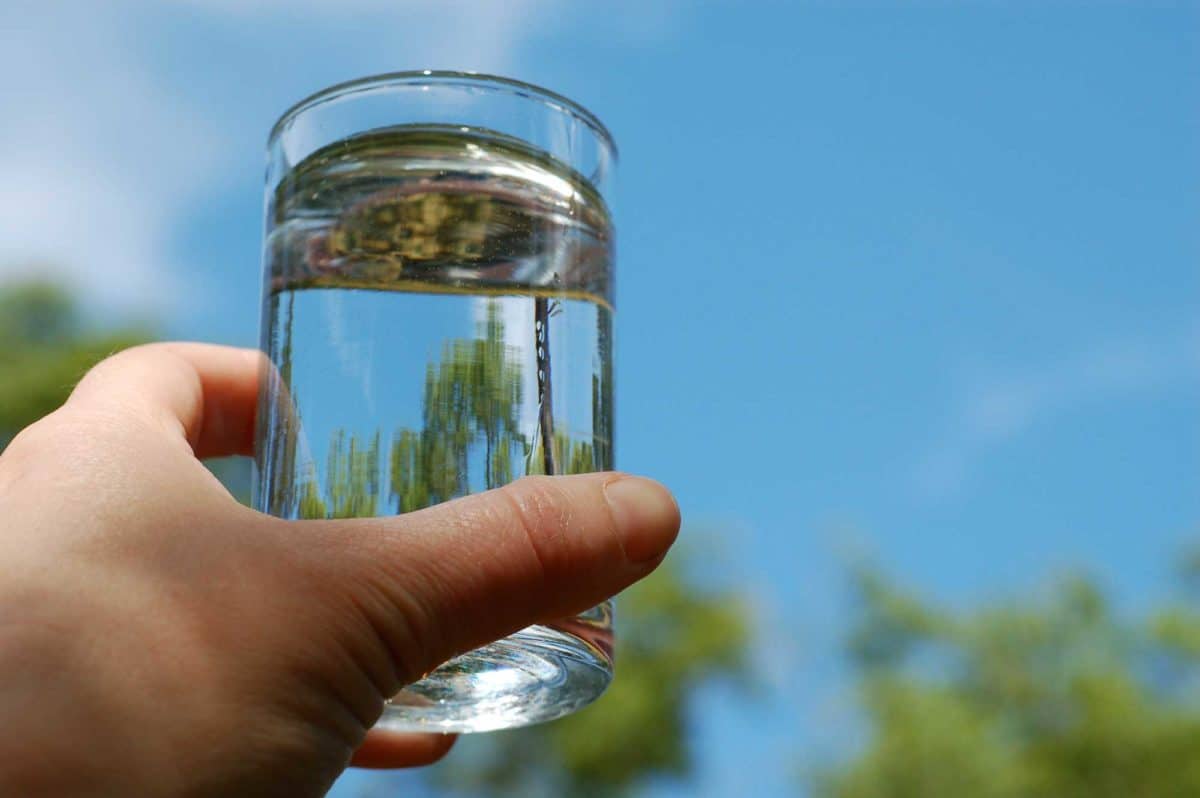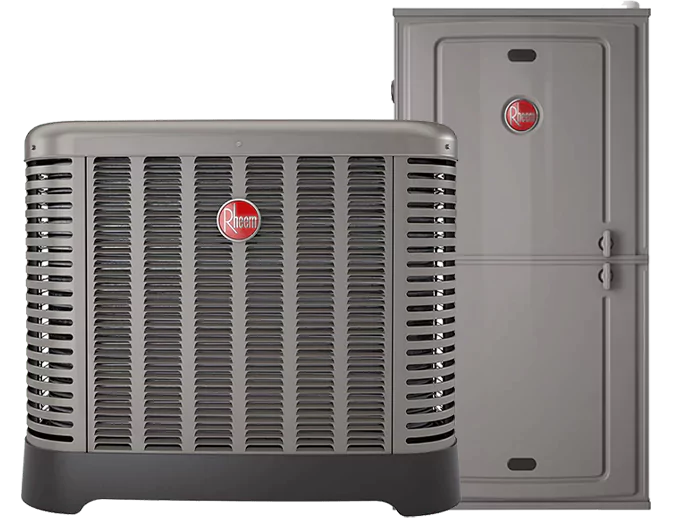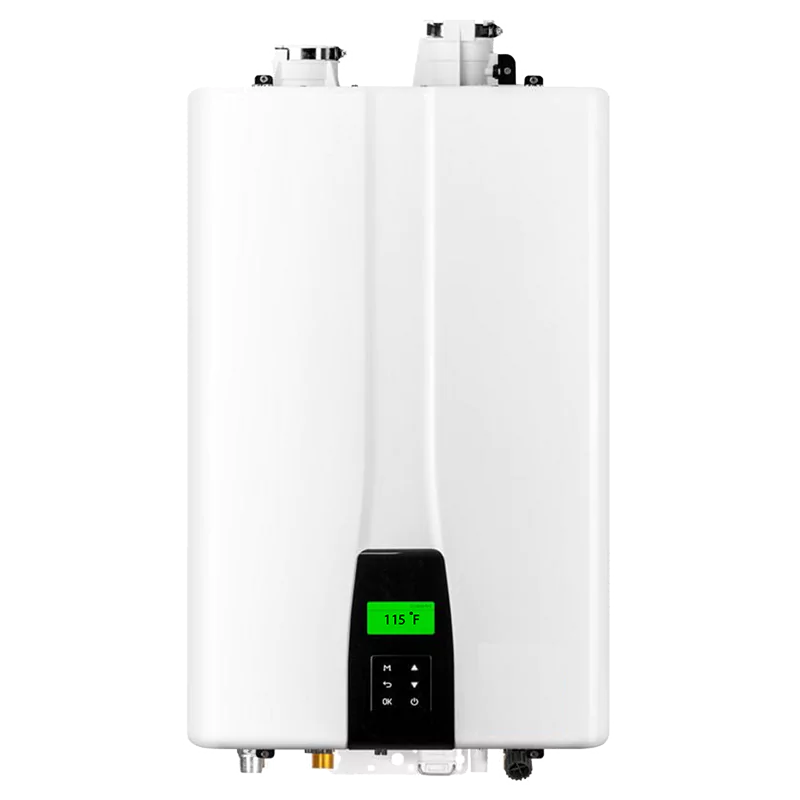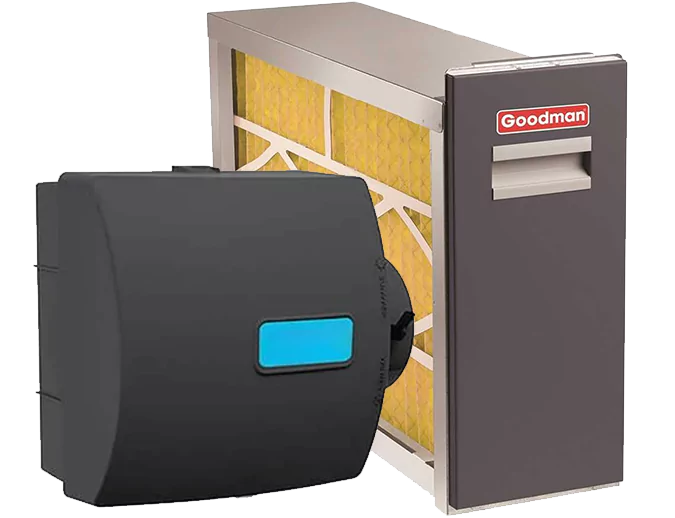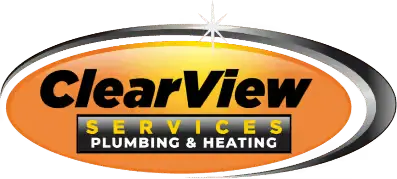Most of us were taught that we should drink at least eight, eight-ounce glasses of water every day. That’s basically two liters of the stuff. But what if water isn’t always good for you?
If we could insert a record scratch sound here, we totally would—because that’s probably what just happened in your head: What do you mean water isn’t always good for me? Here’s what we mean: Water is only good for you if it’s good-quality water. Like most things, water quality is complex—and a lot can happen to your water on its journey from the natural source to your faucet.
Where does your water come from?
First things first: Where does your water come from? According to the Center for Disease Control and Prevention (CDC), water comes from two sources: surface water and groundwater.
Surface water comes from actual bodies of water like streams, lakes, rivers, and reservoirs. Groundwater is typically run-off that ends up in underground pockets—called aquifers—and is obtained through wells that pump the water to the surface.
Both surface and groundwater are collected by your local public water system, which then transports it to your washing machine, bathtub, and coffee cup. That water may or may not be treated when it reaches you.
Even if the water isn’t treated, it’s still held to standards set by the Environmental Protection Agency’s (EPA) Safe Drinking Water Act. The EPA tests for 90 different contaminants and regulates all the pre-treatments, filtrations, and disinfectants in your water. Of course, if you have a private well, your water isn’t covered by EPA oversight. In that case, it’s critical to take extra precautions and test your water—at least annually.
What might contaminate your water?
Agriculture, commercial and industrial land uses, residential impacts, and other factors can influence the quality of your water. The most common culprits are:
- The use and storage of fertilizers
- Disposal of human and animal waste
- Landfills
- Sewer lines
- Illegal dumping
This handy chart from the EPA gives a more detailed picture of the factors affecting your water quality outside your home. (Ewwwww, right?)
Now, what about inside your home? It’s all about the pipes. Pipes can be damaged or clogged with build-up, allowing contaminants into the water. Old pipes and fittings can corrode and lead to serious problems. (This is part of what happened in Flint, Michigan.)
OK, so how do I know if MY water is safe?
If you’re on a public water system, you should receive a Consumer Confidence Report (CCR) every year—usually with your July bill. The CCR can tell you:
- Your local water source
- Levels of contaminants in the water
- Adherence to EPA standards
- How often your water is tested
Note: Again, if you have a private well, you won’t receive a CCR, and you’re responsible for keeping your water safe to drink. We recommend regular testing.
Your senses can also give you a fairly reliable read on the quality of your water. It may not be safe to consume if:
- It looks cloudy or discolored.
- It feels slimy, if your laundry is stiff, or if you’re experiencing low water pressure.
- It smells like chlorine, rotten eggs, or fish.
- It tastes metallic, salty, or earthy.
Finally, if you seem to be constantly battling a stomach bug (you know what we’re talking about here), there’s a chance your water is contaminated by coliform bacteria.
What can I do to keep my water safe?
Prevention should be your first priority.In addition to keeping your eye on that CCR, be sure to properly maintain your pipes and faucets.
Additional articles about sewage issues can be found here.
To be extra safe, many homeowners choose to purchase a water filtration system. They range in size, cost, and point of attachment, and they can be as convenient as a filtered water pitcher or countertop unit. Before installing a whole-house filtration system, have your water professionally tested to ensure you purchase the right unit.
The best policy? Be watchful and ask questions! If you have concerns about your water, we’re here to help. As your Calgary plumber, the quality of your water and your family’s safety are important to us. Give us a call today!
See all of our emergency plumbing Articles.
Did you know ClearView Services is an award winner?
